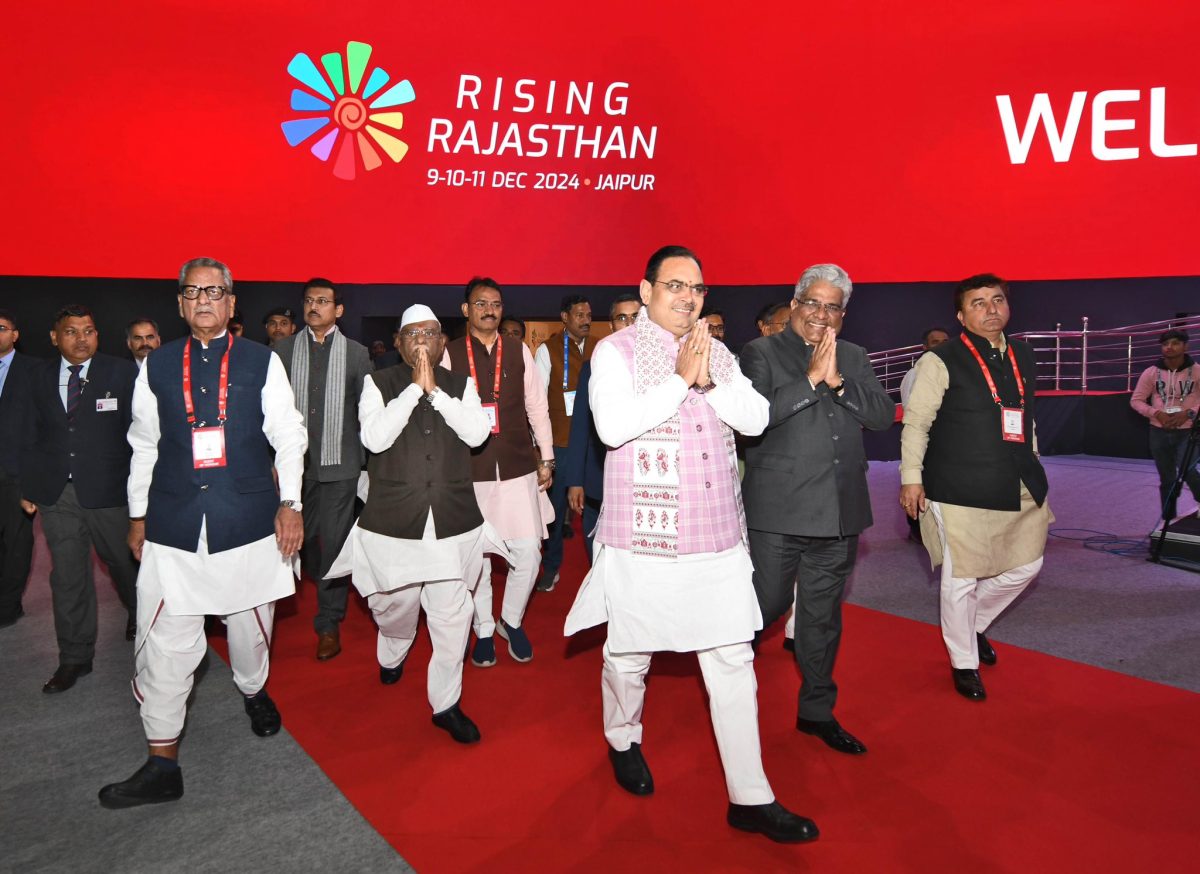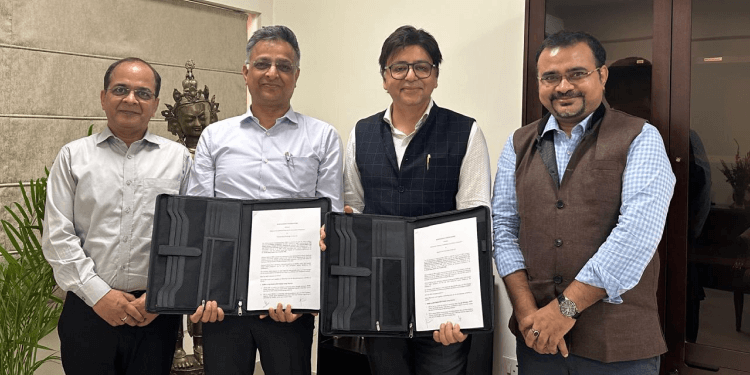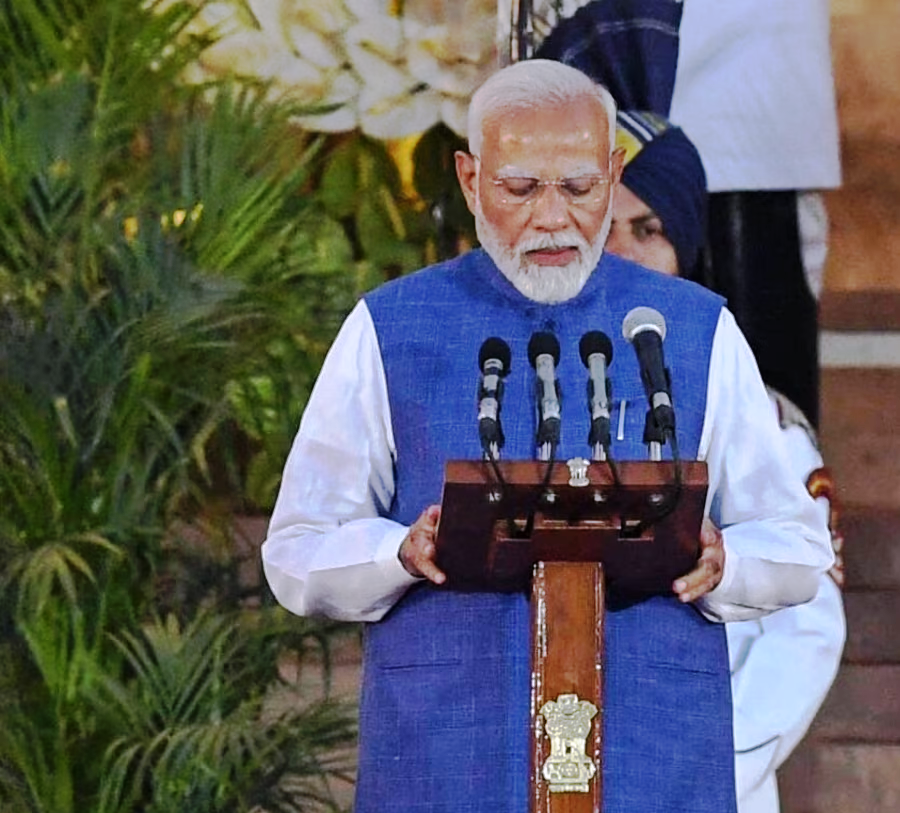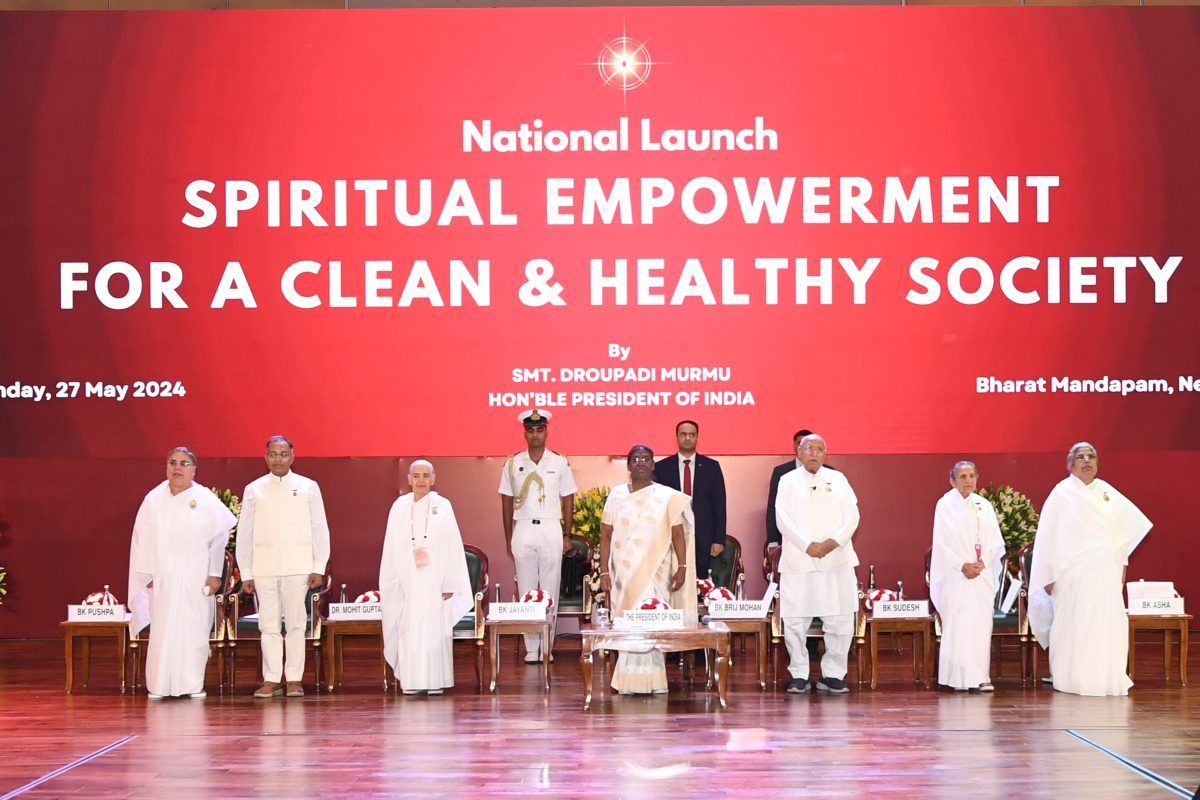MSMEs Finally Figure On Govt’s Priority List

MSMEs Finally Figure On Govt’s Priority List
Micro, Small, and Medium Enterprises (MSMEs) have been the enduring image of Rajasthan’s industrial landscape. While the government has realized that big investments are a necessity, it cannot overlook the significance of the multiple contributions the MSME sector makes to the economy of the state.
Creating jobs in the skilled and semi-skilled segments of the population is one of the predominant features of the MSMEs. While the government revamped the Rajasthan Industrial Promotion Scheme of 2011 last year, it didn’t attach same importance to the MSMEs for which the policy was framed in 2008. But soon it realized that without a vibrant MSME sector, its goal of creating 15 lakh jobs would be difficult as attracting large industries is not that easy. Also, it is the small industries that create the ecosystem for bigger players to develop an appetite to tap into the available resources.
Recently, the state cabinet has approved the MSME policy 2015 attaching same importance it did for the large industries.
The new policy now offers MSMEs all the benefits, tax concessions, priority for land allotment which are available to large industries. In fact all the benefits under RIPS -2014 will be available to MSMEs now.
Besides, the government has given high emphasis for enhancing ease of doing business by putting all the approvals and procedures online. As per the new policy, the 88 categories of green industries will no longer have to wait months for getting approvals from the pollution control board. The receipt against the deposit of the fee will now be considered as approval.
One of the major challenges the MSMEs faced is getting payments for goods supplied in stipulated time, but if the provision for effectively running the facilitation council is implemented, it will reduce a lot of litigations releasing locked money.
There is a huge backlog of cases blocking considerable amount of money. The MSMEs need payment for working capital and expansion. The provision for setting up a panel of arbitrators for expeditious resolution of disputes pertaining to delayed payments will be a huge relief for the MSMEs. But the council needs to have proper representation and meetings should be on a monthly basis to clear the backlog,” said an industry expert.
The policy also focuses on cluster approach which is being adopted aggressively by many states to avail the Central government schemes for promoting MSMEs in various sectors. But Rajasthan’s record in leveraging such schemes was disappointing. But in the current policy, the government has identified handicrafts, handloom, khadi, gems & jewellery, textiles, apparel, agro-processing, stone, ceramics, pottery, etc for cluster development.
Enough importance has been given to facilitating credit access to MSMEs. The policy says Rajasthan Financial Corporation will provide credit to MSMEs on easier terms under its loan schemes. Credit up to a maximum of Rs 5 crore can be availed by young entrepreneurs for setting a new enterprise with interest subsidy of 6% applicable up to a maximum credit limit of Rs 90 lakh. Interest subsidy will also provided to the unemployed youth, women, educated and unemployed women.
The policy document says that in addition to the state schemes, the government will also provide all necessary support and contribution for maximizing the benefits of the cluster development schemes of the Central government.
While the emphasis on competitiveness and market assistance to the MSMEs is commendable, the provisions for plug-and-play facilities, flatted factory complexes, incubation centres and credit facilitation would stimulate entrepreneurship in the state.The government has also offered a number of concessions, exemptions for conversion of land
for industry in rural areas to spur growth. The focus in the policy on competitiveness is a welcome approach and would competitively place MSMEs from Rajasthan at national and international arena. The proposed facilitation centres would address the issue of information asymmetry and create a framework to address legitimate concerns of MSME fraternity.





